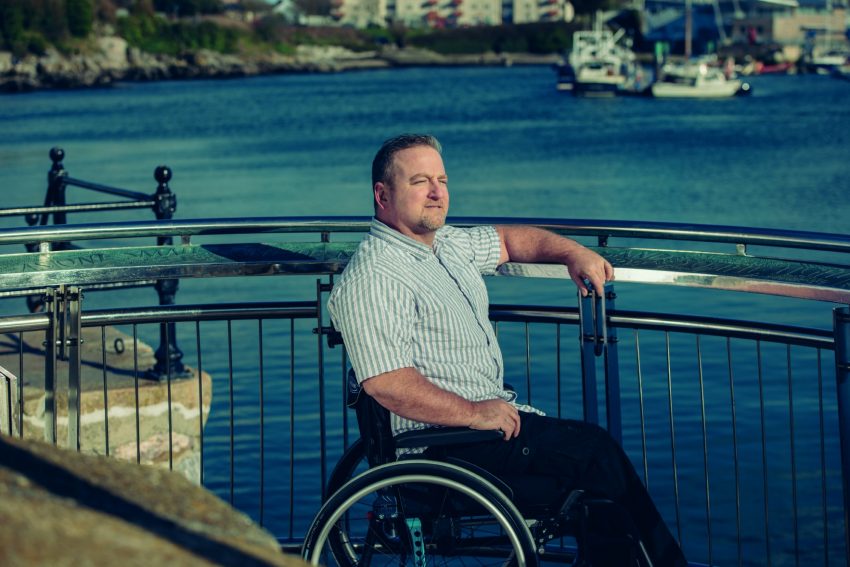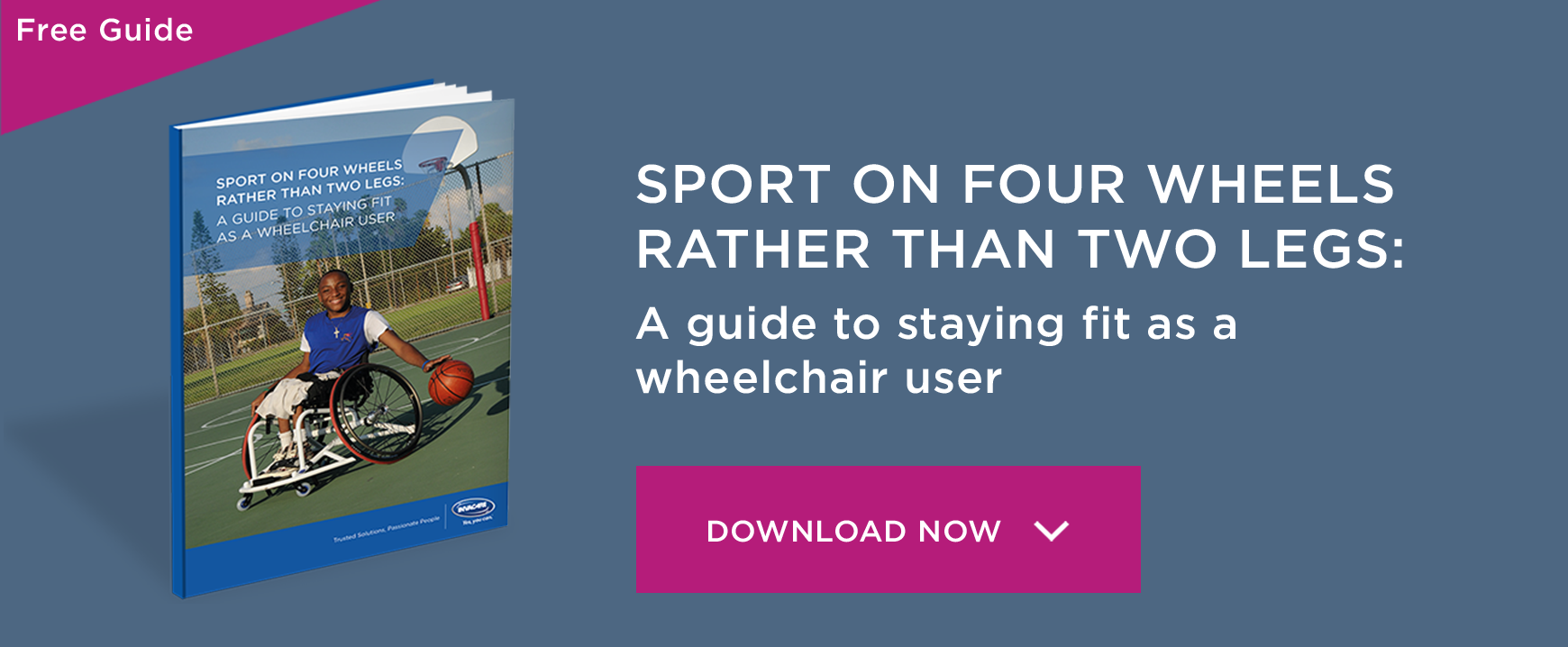Thinking Positive After A Spinal Cord Injury

Life with a spinal cord injury is different. And it can be challenging. Your old way of doing things is in the past, and you must figure out your new normal. This transition can bring with it a lot of emotions.
Your emotions are valid- even the uncomfortable ones such as sadness or anger.
But while it’s important to understand your feelings and deal with them, it’s just as important not to let negative thinking become your normal thought pattern.
Negative Thinking
Your brain is programmed for survival. One of the ways it protects you is by noticing threats or danger in our environment. In the past, this might have meant sensing danger from wild animals, smelling that food was possibly poisonous or rotten or picking up in changes in the weather before a big storm hit.
Now, we usually experience different kinds of threats. Some of the modern things we worry about are finances, being alone and unloved, or not accomplishing work or life goals that are important to us.
When our brain detects a threat, it signals a stress response. In the past, this stress response (or rush of adrenaline) would have been helpful to us as it gives us a boost of energy to run or do something to get us out of harm’s way. In modern times that stress response is not usually helpful. Our problems often need to be solved with mental energy, not physical energy. So instead of helping us deal with our problems, this stress response just makes us feel bad, both mentally and physically. Our heart rate and blood pressure might go up, and we may feel jittery, or hyper-focused on the topic that is concerning us.
The best thing to do to counteract the feeling of danger and the stress response is to stop thinking negatively about situations and to see them in a positive light. Negative thinking about a situation is what turns it into a threat. If you think positively, your brain will judge the situation differently.
Positive Thinking
To immediately stop negatives and change them to positive, try to do these things:
- Reassure yourself that the situation is going to be ok.
- Focus on your breathing for about 10 seconds.
- Find something else positive to think about that redirects your attention.
- Guide your mind back from thinking about the positive subject to focusing on your breathing again.
- If you accidentally come back to the negative thought, watch it, as if it were a movie. Don’t engage with the negative thought, or debate with it. Re-focus on something positive that is happening right now.
Once you have successfully stopped the negative thought and are ready to address it again, make sure you are keeping your thinking and your words positive. Here is an example:
If you have the negative thought, “No one will want to hang out with me because I am in a wheelchair,” first examine your words. Is it true that “no one” will want to hang out with you? Or is that an exaggeration? Ask yourself if the words you are using help move you toward your goals, or if they are holding you back. If you want to be with friends, a positive way to flip this negative thought is to say, “My wheelchair allows me to go out with my friends.”
Thinking positive does not mean denying reality. It is true that there may be things you used to enjoy doing with your friends that you can no longer do. But you should be able to find ways to adapt most of your old activities.
When that’s not possible, you can find new activities to do. Instead of living with the negative thought, see it as a challenge to come up with solutions.
You may be able to think positive in your head. But if you struggle with changing your thinking, problem-solving, or replacing your negative words with affirming words, you can use some tools to help you. One thing you can do is ask a friend to talk things out with you and give you ideas. Another great way to deal with your emotions is to use journaling. The important thing is to find which coping skill works best for you, and use it.
Author: Annie Beth Donahue is a professional writer with a health and disability focus.







